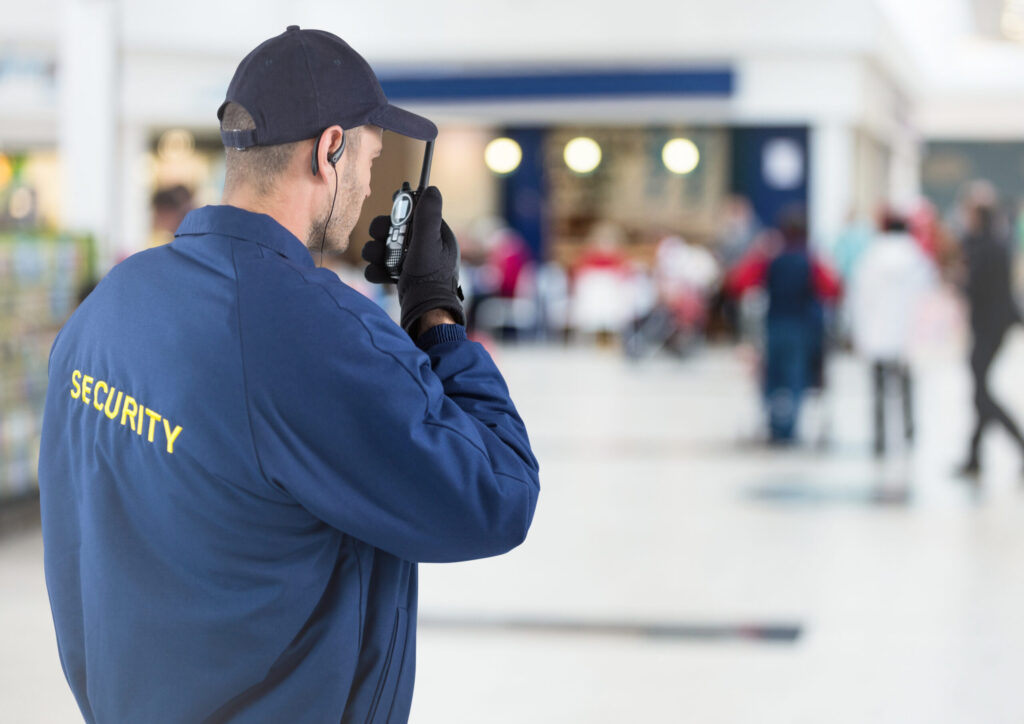Establish Clear Expectations for Security Personnel
One of the first steps is to establish clear expectations for security personnel, including their roles and responsibilities, performance standards, and any specific procedures they must follow. Clear expectations make it easier to hold them accountable later on.

Regular Training for Security Personnel
Regular training is also vital to ensure security personnel has the knowledge and skills required to perform their duties effectively. This includes training on new security threats, emergency procedures, and communication skills. Regular training helps to reinforce expectations and standards while providing an opportunity to review and update them.
Performance Evaluations and Feedback
Performance evaluations should be conducted regularly to assess the security personnel’s job performance, adherence to expectations and standards, and areas for improvement. Feedback from evaluations can be used to establish goals and provide ongoing training and support.
Regular Monitoring and Supervision
Regular monitoring and supervision of security personnel can help identify any issues or concerns early on. This includes monitoring their performance, reviewing incident reports, and conducting random checks. Regular supervision and monitoring also provide an opportunity to reinforce expectations and standards and provide feedback.
Complaints and Feedback Mechanism
Having a mechanism for receiving and addressing complaints and feedback from the public is critical. This includes setting up a hotline or email address where people can report concerns or incidents. It is also essential to have a process in place for investigating and addressing complaints and incidents promptly.
Leveraging Technology for Effective Security Service
Advancements in technology have made it easier to keep security personnel accountable and to provide the best possible service to the community.
Real-Time Monitoring with CCTV Cameras, Sensors, and Alarms: Technology such as closed-circuit television (CCTV) cameras, sensors, and alarms can provide real-time monitoring of sensitive areas, allowing security personnel to quickly respond to any incidents or threats.
Digital Reporting and Real-Time Communication with Mobile Devices: Digital reporting makes it easier to track incidents and generate reports in real-time, allowing security personnel to provide accurate and timely information to supervisors and law enforcement. Mobile devices such as smartphones and tablets can be used to support security personnel by providing real-time communication, access to critical information, and tracking of their movements.
AI and Automation Technology for Proactive Intervention and Mitigation: Artificial Intelligence (AI) can be used to analyze data and identify potential security threats or patterns, allowing for proactive intervention and mitigation. Automation technology can be used to support security personnel by automating routine tasks and freeing up their time for more critical activities.
Impact of Leveraging Technology on Security Services
Leveraging technology in these ways can have a significant impact on the overall effectiveness of a security company. By providing security personnel with the latest tools and equipment, they can perform their duties more effectively and respond quickly to any incidents or threats that may arise. This can help to prevent criminal activities, reduce the risk of property damage, and keep customers safe. The use of technology can also improve the efficiency and effectiveness of security services, leading to better outcomes for customers and the community.
